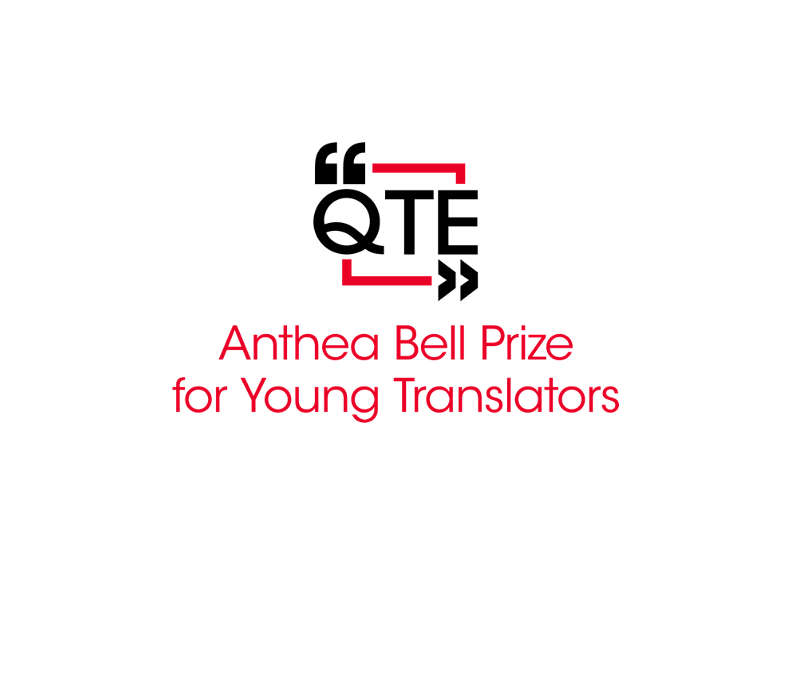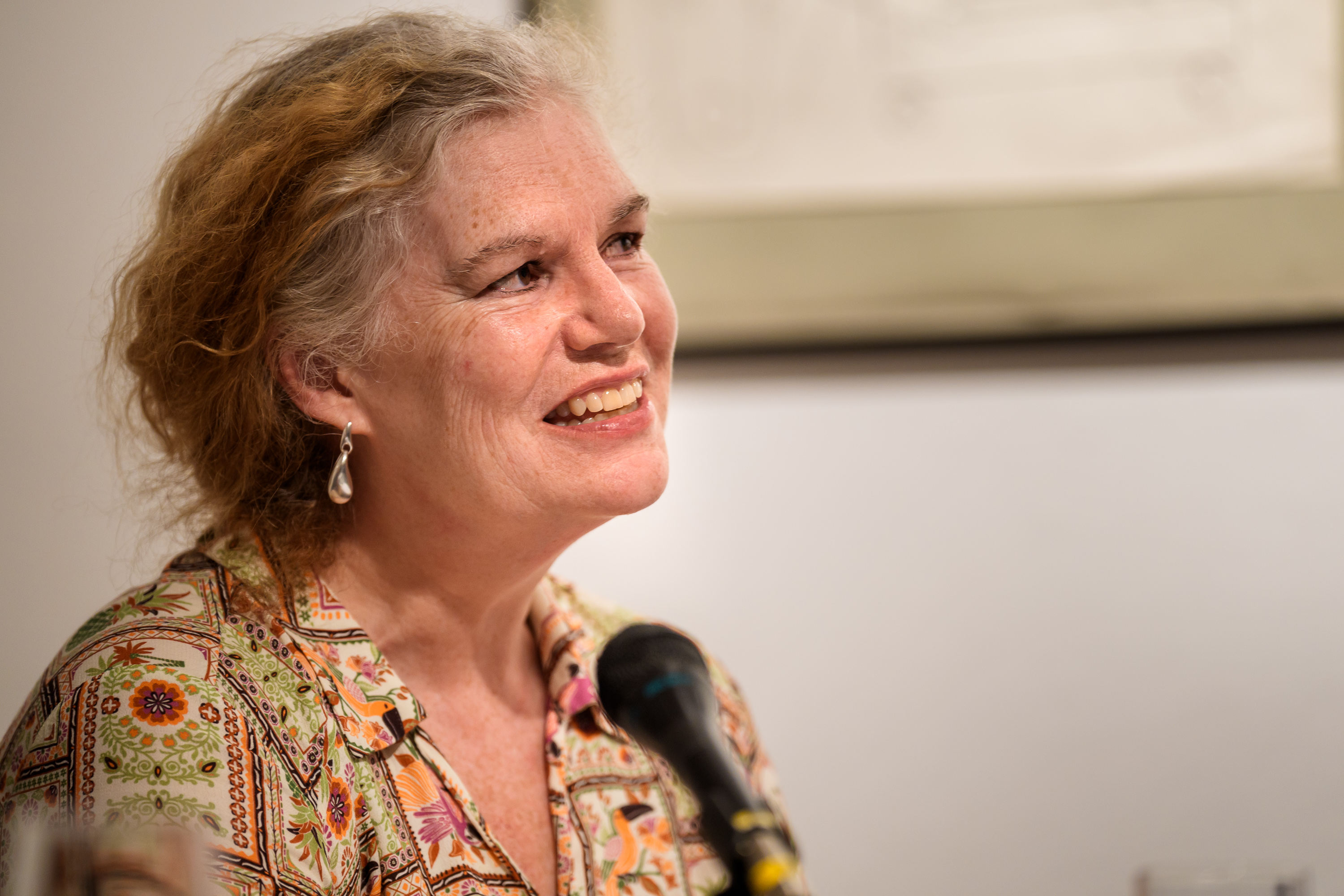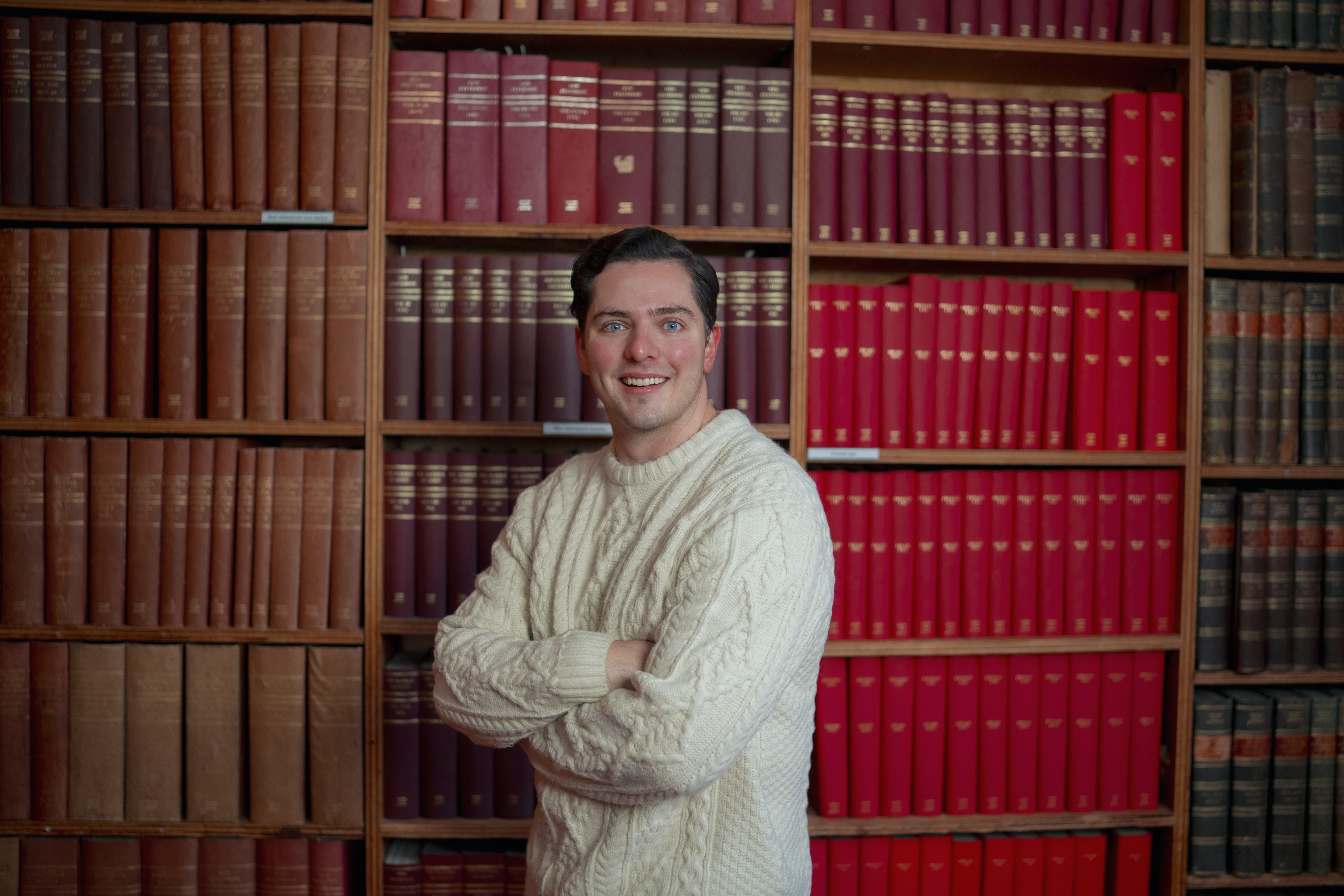This week Queen’s launched the Anthea Bell Prize for Young Translators 2024-25, sending out teaching packs on translating poetry to over 1,800 teachers. The Prize is launched to mark European Day of Languages (26 September) and International Translation Day (30 September), providing creative, cultural, and inclusive content for languages classes across the UK. Teachers can register here to receive free classroom resources for poetry, fiction and non-fiction translation. Please visit our FAQs for more information.
The Anthea Bell Prize for Young Translators is the Queen’s College Translation Exchange’s flagship project, launched in 2020 to get students aged 11-18 in every part of the United Kingdom translating enriching, authentic texts with creativity and rigour. Last year the Prize ran in five languages – French, German, Mandarin, Spanish and Italian into English – as well as translation from French into Welsh/Cymraeg, with over 16,000 students participating.
The ambition of the Prize has always been to give teachers and students high quality resources that bring creativity and culture into the classroom, and to combat the worrying decline in language-learning at GCSE, A-Level and University. The Queen’s College has a rich history in teaching and research in Modern Languages, and continues to be one of the best places to study Modern Languages in Oxford. The Translation Exchange’s work brings this reputation into classrooms across the country, and the Anthea Bell Prize continues to grow year on year.
We are delighted to announce that this year the Anthea Bell Prize is expanding its offer to schools by introducing Russian into English translation as the Prize’s sixth strand. The teaching of Russian has been a major part of Oxford’s languages history, and the Beginner’s Russian degree continues to be a core undergraduate offering. Our hope is that the Prize’s uniquely accessible and inclusive structure will encourage more students to choose to study Russian, and particularly to apply to the Beginner’s undergraduate course in Oxford. Professor Polly Jones, Secretary, Oxford Slavonic sub-faculty, said:
The Slavonic sub-faculty is delighted that Russian is now one of the languages for the Anthea Bell prize. We are thrilled to see such an exciting, innovative and varied selection of Russian-language texts, which are sure to spark interest in translation and, we hope, in learning more about Russian language and literature.
Thanks to the generosity of Queen’s Old Member John Stansfield (History and Russian, 1987) the Translation Exchange has been able to prepare a set of Russian-language translation resources for this year’s Prize. The resources showcase the diversity and the quality of literature written in Russian, featuring texts by a mix of male and female writers from Armenia, Russia, Ukraine and Kazakhstan, as well as literature of the Jewish and Muslim experience. Alongside these resources, teachers have access to videos featuring professional translators and current and former students of Russian. As well as pupils learning Russian at school and those looking for further linguistic challenges, the Russian language strand of the Prize will support Ukrainian students at UK schools, many of whom are taking GCSE and A Level Russian qualifications.
We are grateful to John Stansfield for his support in demonstrating the personal, professional, and intellectual benefits of studying a language like Russian, which is often life-changing, as it has been for him:
I feel very fortunate to have had the opportunity to study Russian at school and then at Queen’s and it has shaped and enriched my life and career. It has enabled me to negotiate in Russian at business meetings whilst a lawyer based in Moscow during two stints totalling seven years and also to make toasts (with vodka) in Russian to clients when the negotiations were successfully completed.
It also gave me the confidence subsequently to learn German and to spend six years working in Frankfurt and to now live in Vienna. I think it’s really important for young people in the UK to learn languages and engage with (and enjoy) other cultures. I’m delighted that we’re now able to add Russian to this initiative, which is encouraging so many young people to take their languages further, and supporting teachers to motivate their students.
Elena Sudakova, Director, Pushkin House, said:
At Pushkin House we are delighted to see the encouragement of a new generation of translators from the Russian language, building on the legacy of such translators as Robert Chandler and Sasha Dugdale. We also commend the Prize’s promotion of foreign language learning and cross-cultural exchange more widely at this crucial time.
Esther Willett, Head of Russian, Presdales School, said:
Presdales Russian department is very excited to offer students the opportunity to take part in the Anthea Bell Prize. Having looked through the level 4 material with a student, it is lovely to see how much work has gone into well thought out materials supporting interesting texts. We look forward to the challenge of guiding students through a very different skill from those required for GCSE and A Level.



